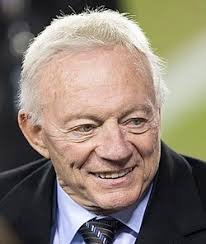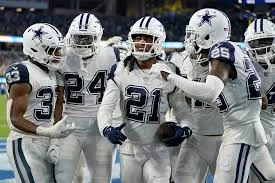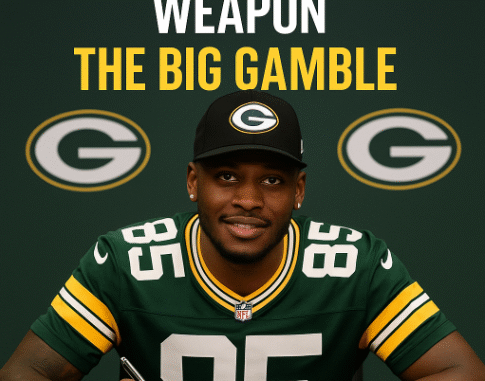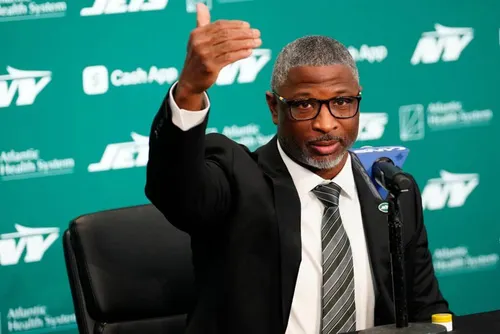The Dallas Cowboys’ decision to reject a $500 million deal to promote NextEra Energy at their upcoming game is a powerful statement that resonates deeply with the team’s commitment to their values and community. This bold move not only showcases the team’s unwavering stance on social issues but also highlights the complex dynamics between sports, commerce, and social responsibility.
At the heart of this controversy lies the figure of John W. Ketchum, presumably a representative of NextEra Energy, whose wealth and influence are pitted against the Cowboys’ unyielding principles. The team’s message to Ketchum is clear: no amount of money can buy their endorsement of a brand that allegedly profits from racism against Americans. This statement is not just a rejection of a business deal; it’s a declaration of solidarity with the people of Dallas and a refusal to support systems that perpetuate racial disparities.

The Cowboys’ assertion that “rich men like you” are responsible for targeting the people of Dallas “like animals” suggests a deep-seated frustration with systemic injustices and the exploitation of vulnerable communities. By distancing themselves from NextEra Energy, the team is making a conscious decision to prioritize the well-being and dignity of their community over financial gain. This move underscores the tension between corporate interests and social responsibility, raising questions about the role of sports teams in advocating for social justice.
The statement “Our hearts are with our people” serves as a testament to the Cowboys’ dedication to their community and their commitment to being a force for good. This phrase humanizes the team, portraying them not just as athletes or entertainers but as advocates who are willing to take a stand against injustice. By affirming that they are “not for sale,” the Cowboys are drawing a line in the sand, signaling that their values and integrity cannot be bought or sold.
The broader implications of this decision are multifaceted. On one hand, it may inspire other sports teams and athletes to reevaluate their partnerships and endorsements, considering the potential impact on their communities and the messages they convey. On the other hand, it may also spark controversy and debate, with some arguing that sports teams should focus solely on their sport rather than wading into complex social issues.
Regardless of one’s stance on the Cowboys’ decision, it’s undeniable that this move has generated significant attention and discussion. The team’s willingness to challenge corporate power and stand in solidarity with their community is a powerful narrative that transcends the world of sports. As the Cowboys stand firm in their convictions, they are not only making a statement about their values but also contributing to a larger conversation about the role of sports in shaping social discourse.
In conclusion, the Dallas Cowboys’ rejection of the $500 million deal is more than just a business decision; it’s a testament to the team’s commitment to social responsibility and community advocacy. As they continue to navigate the complex landscape of sports, commerce, and social justice, the Cowboys are poised to inspire a new generation of athletes and sports teams to prioritize their values and stand up for what they believe in.
The Cowboys’ decision also raises important questions about the intersection of sports and social justice. Can sports teams truly effect change, or are they merely symbolic gestures? How do corporate interests influence the messages and values that sports teams promote? As the debate surrounding the Cowboys’ decision continues, one thing is clear: the team’s unwavering stance has ignited a necessary conversation about the role of sports in shaping our collective values and promoting social responsibility.
Ultimately, the Dallas Cowboys’ decision to stand firm against NextEra Energy’s $500 million deal serves as a powerful reminder that sports teams are not just entertainment entities but also influential voices in our society. As they continue to navigate the complexities of social justice and corporate responsibility, the Cowboys are poised to leave a lasting impact on the world of sports and beyond.



